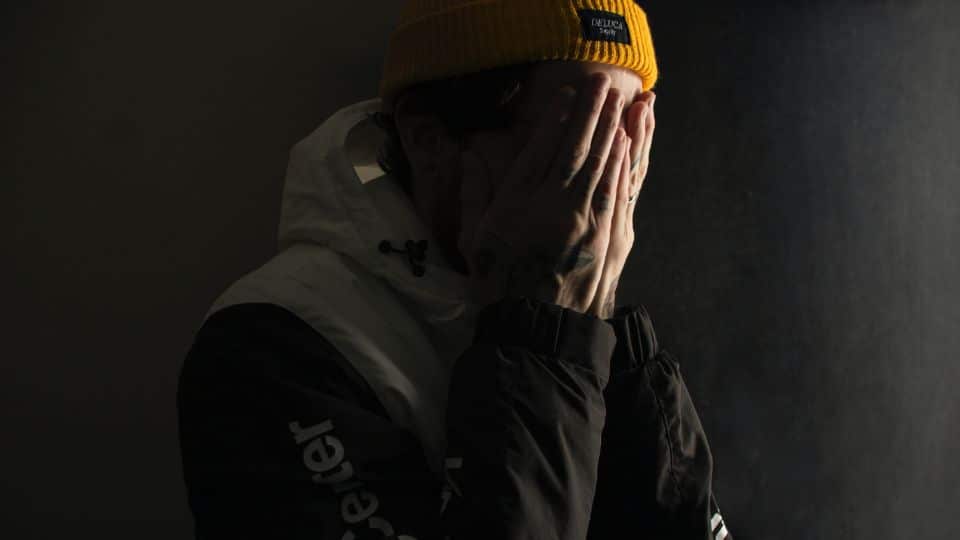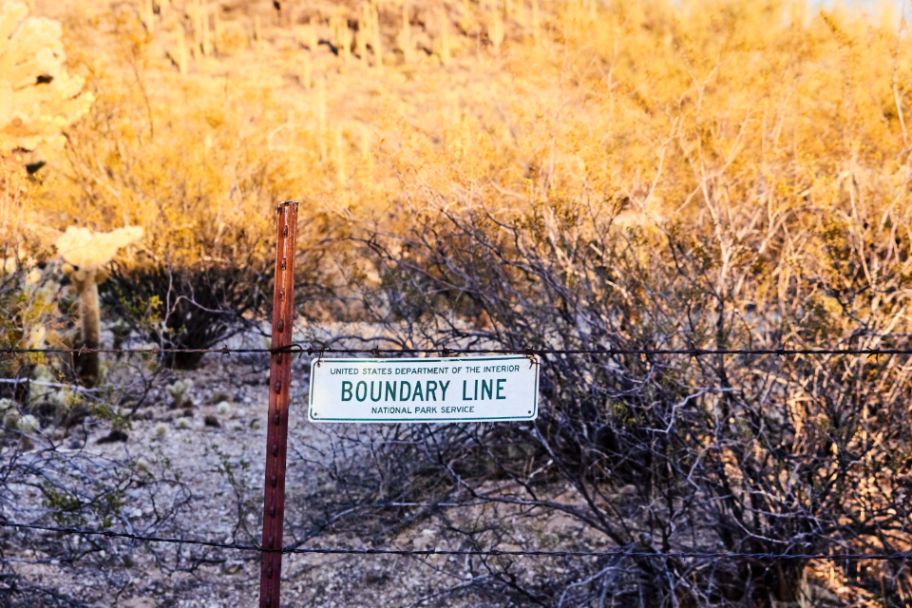Helping someone with a porn addiction can be a draining experience. At Desert Solace, we work closely with wives and parents of men who struggle with porn addiction, so we see it firsthand. Parents who have a teenager who struggles with pornography; wives whose husband has been dealing with a sexual addiction for years. Sometimes we even hear from siblings or adult children of a sex addict who don’t know what to do for their loved one.
We know how frustrating, scary, and sometimes shocking this can be for someone. Unfortunately, our culture sees addiction to pornography or sex as taboo. This taboo only makes it harder for someone struggling with these problems to reach out for help and it usually just exacerbates the addiction.
It can be confusing for someone who doesn’t have an addiction, especially a sex addiction, to understand why their loved one just can’t stop their behaviors. It seems like if someone sees how damaging their behaviors are, they wouldn’t want to continue doing them, right? This is what makes addiction so heartbreaking sometimes, is the feeling that the addict is choosing their addiction over their loved ones.
But what we want to help you understand is that this is not the case and that there truly is hope for your loved one, no matter how bad their addiction might appear. Trust us, your loved one doesn’t want his addiction any more than you do. He just feels trapped and hopeless and has probably been resigned to a life of addiction because he has failed at overcoming it so many times before. Fortunately, there are many resources out there, from books, to support groups all the way up to sex addiction rehab, like Desert Solace.
If you are trying to help someone who is struggling with a porn addiction, what can you do?
Don't Shame Them

You might think that making someone feel guilt and shame for looking at pornography would help them see the consequences of their actions. If they feel a lot of shame and guilt for looking at porn, they’ll want to stop looking at it right?
It doesn’t really work that way. If you take a step back and put yourself into the shoes of the person struggling with porn, you might realize that they are already suffering from loads of shame. Chances are, they know that they don’t want to look at porn but they’ve tried to stop on their own hundreds or thousands of times. This can be crushing to a person’s self-esteem. They probably feel broken, defective and depressed as a result.
All of these negative feelings can cause a lot of pain in the life of someone who is addicted to pornography. By adding to their sense of shame and worthlessness, you might just end up aggravating the problem rather than helping. You want to be a safe person for your loved one to talk to. You want them to trust you because that’s the best way for you to be there when they are finally ready to get help.
Show Some Love and Empathy
If you’ve gone through addiction yourself, it is probably easy for you to understand what your addicted loved one is going through. You know that they need love and empathy as much as (or more than) anyone else. But even if you haven’t gone through an addiction, you have probably gone through some major trials or struggles in your life. Maybe you’ve lost a loved one, gone through a divorce, or experienced a particularly traumatic event.
Imagine the feelings you felt of sadness, hopelessness or worthlessness that you felt during that time. Those are the feelings that almost every addict feels when they are stuck in an addiction that they can’t escape. Usually, the addiction is the only thing that makes them feel temporarily better, despite all the harm and damage they may be causing to others.
Scolding an addict, or trying to make them feel ashamed or guilty for their actions usually just backfires and is unhelpful. Your loved one probably already feels intensely ashamed for their actions but doesn’t understand why they can’t stop.
If a loved one comes to you and discloses addictive behavior, the best thing you can do for them is to show appreciation for their courage in choosing to reveal something that was probably very scary to talk about. Try to see this as a call for help and a request for love and support. You may feel some disappointment or shock, but recognize that those are your own judgments and that isn’t what your loved one needs at this moment.
Let your loved one know that you are there for them and will do what you can to help them find the help that they need. Hopefully if you are reading this you are already on a path toward finding good help for someone who is struggling with sexual addiction.
Ask if They Are Open to Help
This is one of the most painful realities of dealing with someone who is addicted to porn (or drugs, alcohol, gambling, etc.) – they might not be open to help and there’s not a lot you can do to force them. The choice to seek help has to come from the addict. If they’re not open to help, then nothing you do is going to work. But I promise you that they will go through periods when they are open to help and these are the times that you want to take advantage of.
You may have heard of the term “hitting rock bottom” in reference to addiction recovery in the past. In almost every instance, the addict has to hit their own rock bottom before they realize that the pain of recovery is less than the pain of staying in their addiction. You can’t force someone to hit rock bottom and trying to get them to seek help before they are ready might not lead to them finding long-term recovery.
I recognize how hopeless this might sound for someone who recognizes that their loved one needs help badly. There are ways to protect yourself from your loved one’s addictive actions that might also help them see the consequences of their actions sooner and want to seek help. What I’m referring to are boundaries. Boundaries are crucial for someone with a loved one who struggles with a porn or sex addiction.
Set Some Strong Boundaries and Stick To Them

That said, this doesn’t mean that you have to put up with addictive behaviors that are causing you harm.
What are boundaries? If you’ve never heard of boundaries, there’s a good chance you have an addict in your home who is taking advantage of the lack of restrictions. If you have heard of boundaries but you still have an addict in your home that you are frustrated with, there’s a chance that you aren’t enforcing your boundaries.
The best way to describe a boundary is that it’s either something you won’t do, or something you won’t allow others to do to you.
Something that is important to know about boundaries is that they aren’t used to control other people. I will repeat that because this is the most misunderstood concept about boundaries: Boundaries are not used to control other people.
So what’s the point of a boundary if I can’t use it to control someone else? A boundary is used to protect yourself and your values.
I’ll give you one example of an inappropriate boundary and one example of an appropriate boundary:
A) Boundary used to control someone else – “You are not allowed to look at pornography.”
B) Boundary used to protect myself – “I won’t stay in a relationship where my partner is addicted to pornography and isn’t getting help for it.”
Do you see the difference between the two? It might seem subtle, but in the first example, the boundary is all about controlling the behaviors of another person. It has nothing to do with you. In the second example, the boundary is all about your own protection. You can always choose to leave a relationship where your partner is doing things that you don’t agree with. You might hope that by setting a boundary like this that your partner will choose to get help for his addiction, but trying to force him to get help is usually unhelpful. He gets to make that choice for himself and if he doesn’t, he gets to live with the consequences.
A lot of people are scared of what might happen if they set a boundary and their loved one breaks it. They don’t want to deal with the consequences of enforcing the boundary. Remember, enforcing a boundary is a way to show love and respect for yourself. Important tip: if you set a boundary and you aren’t prepared to deal with the consequences of that boundary, then you haven’t really set a boundary.
The concept of using boundaries in recovery is super important and something I will explore at some point in the future because it deserves its own article.
Suggest Professional Porn Addiction Help
Finally, if your loved one is open to help, I suggest you find a good therapist who knows how to treat sexual addictions. Getting professional help is the most effective way to get out of an addiction and to find lasting recovery. Professional therapists who are trained to treat sexual addictions are better able to get to the root of what is causing the addiction. This is often unresolved trauma and self-limiting beliefs that start in childhood and need to be addressed if the addict wants to fully recover from sex addiction.
Some people start out with an outpatient therapist. I recommend finding one who is a Certified Sexual Addiction Therapist (CSAT) because they have received additional training to treat pornography addictions and sexual addictions.
In many cases, getting your loved one into a sex addiction rehab like Desert Solace might be crucial for recovery. Studies have shown that going to inpatient rehab for longer than 60 days leads to the best results and gives the highest chance at permanent recovery.
Wrap-up
Living with someone in active addiction is not easy. At times it can be heartbreaking. I hope that some of the tips I provided above are helpful, but please remember that this advice is only based on my experience. This isn’t foolproof and not every addict is going to choose recovery. We hope that if you need help or someone you love needs help you will reach out to us. That’s what we’re here for!
Read More Articles about Porn Addiction Recovery

Benefits of a Certified Sex Addiction Therapist
There are a number of fields where certified training for professionals is quite valuable to the people who utilize their services, and sex addiction therapists

Is Sex Addiction a Mental Illness? Key Considerations
There are several questions that often arise among those who deal with sex addiction or others close to them, and some of them revolve around

Why is Pornography So Addictive?
It’s common for those struggling with addiction or those close to them to wonder exactly how a given form of addiction can take such a

Is Sex Addiction Hereditary?
There are a number of questions that are common within the realm of sex addiction, and many of these surround the underlying causes that contribute

Impact of CSBD on Sex Addiction Recovery
There have been a few major events that have had a big impact on the world of sex addiction and pornography addiction recovery, and one

Signs and Symptoms of Sex Addiction
The ability to recognize signs of addiction is very important, whether for yourself or someone close to you, and the realm of sex addiction is